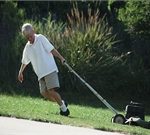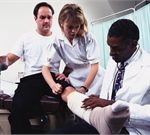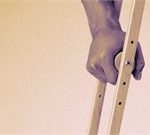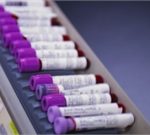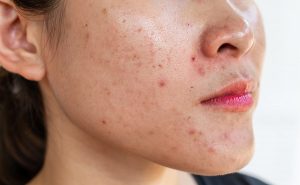
COVID-19 hits smokers much harder than nonsmokers, according to a new review. Researchers from the University of California, San Francisco (UCSF), analyzed 19 studies that included data on smoking and severity of COVID-19 among nearly 11,600 patients in the United States, China and Korea. Most patients were hospitalized, but two studies also included outpatients. Just over 6% of participants had a history of smoking. While COVID-19 symptoms worsened in 18% of all patients, the rate was 29.8% among current or former smokers, compared with 17.6% among nonsmokers. “Smoking is associated with substantially higher risk of COVID-19 progression,” said study co-author Stanton Glantz, director of the Center for Tobacco Control Research and Education at UCSF. And when COVID-19 progressed, current or ex-smokers had more acute or critical conditions and a higher risk of death, the researchers found. “This finding suggests that California’s ongoing strong tobacco control measures that have lowered smoking may, together with the state’s other strong public health interventions, be contributing to California’s efforts to thwart the effect of COVID-19,” Glantz said in a university news release. Co-author Dr. Roengrudee Patanavanich, a visiting scholar at UCSF, noted that the fact tobacco use is lower among COVID patients than the general population has been cited as evidence for a protective effect of smoking. “But this low prevalence may actually be due to an under-assessment of… read on >












